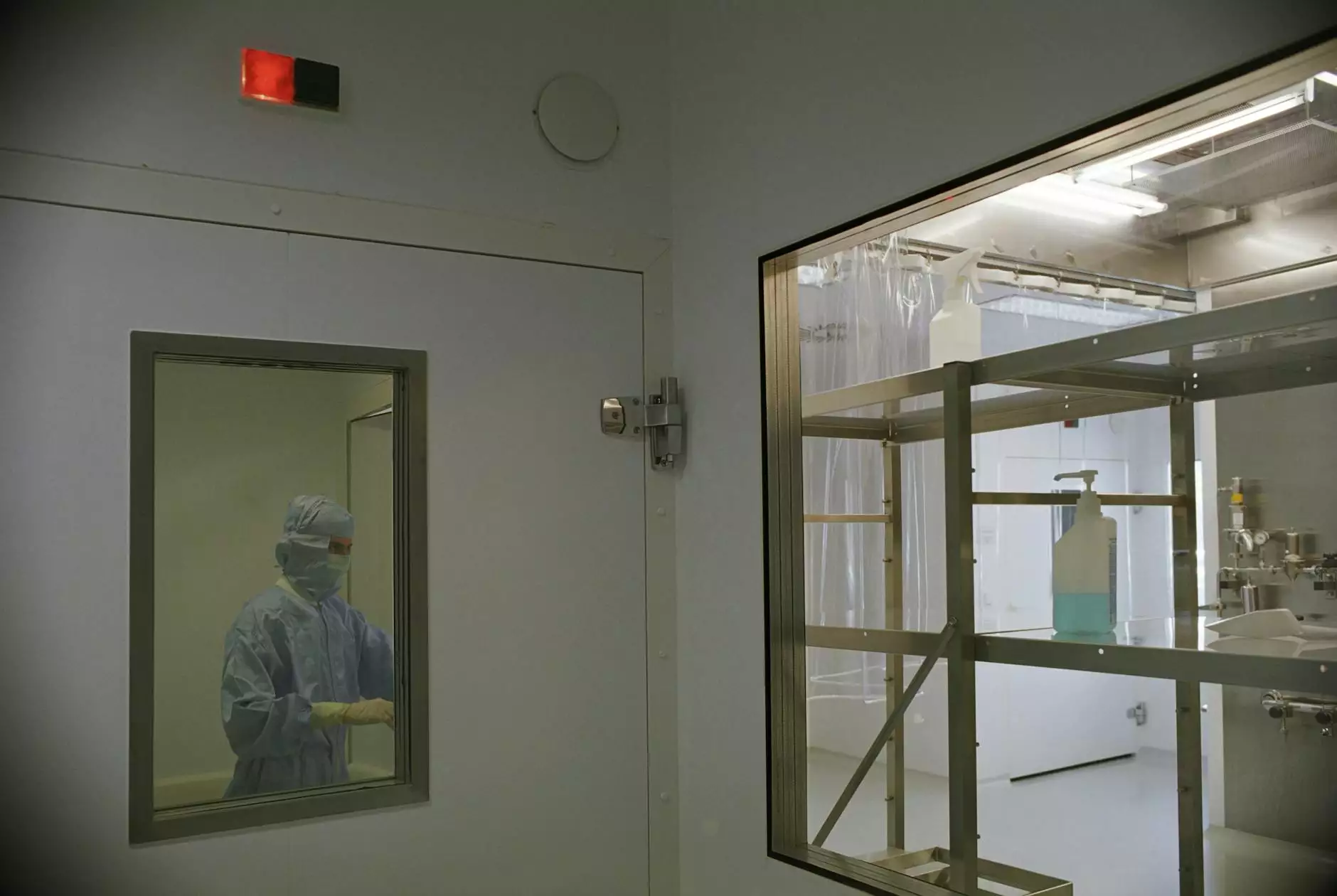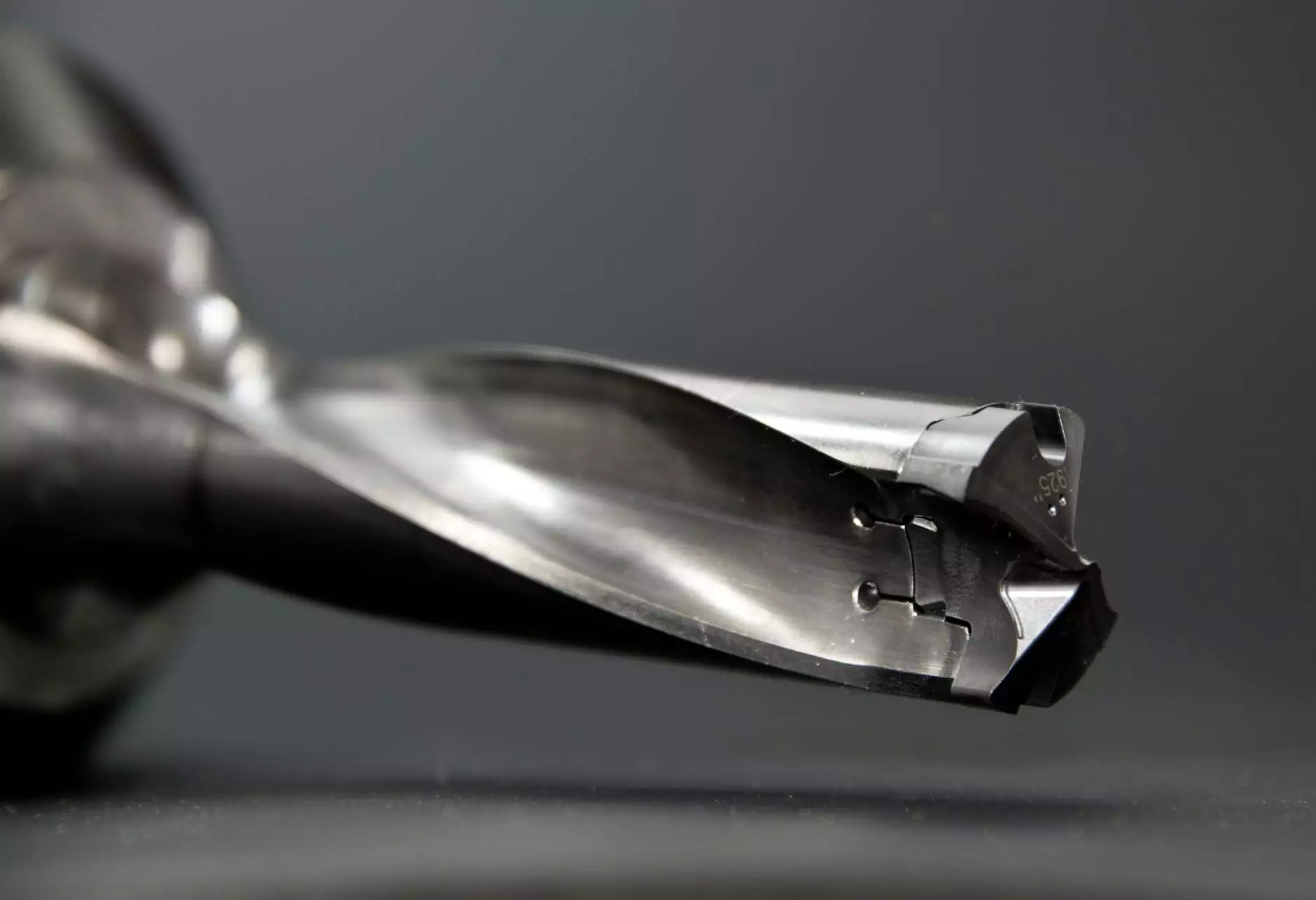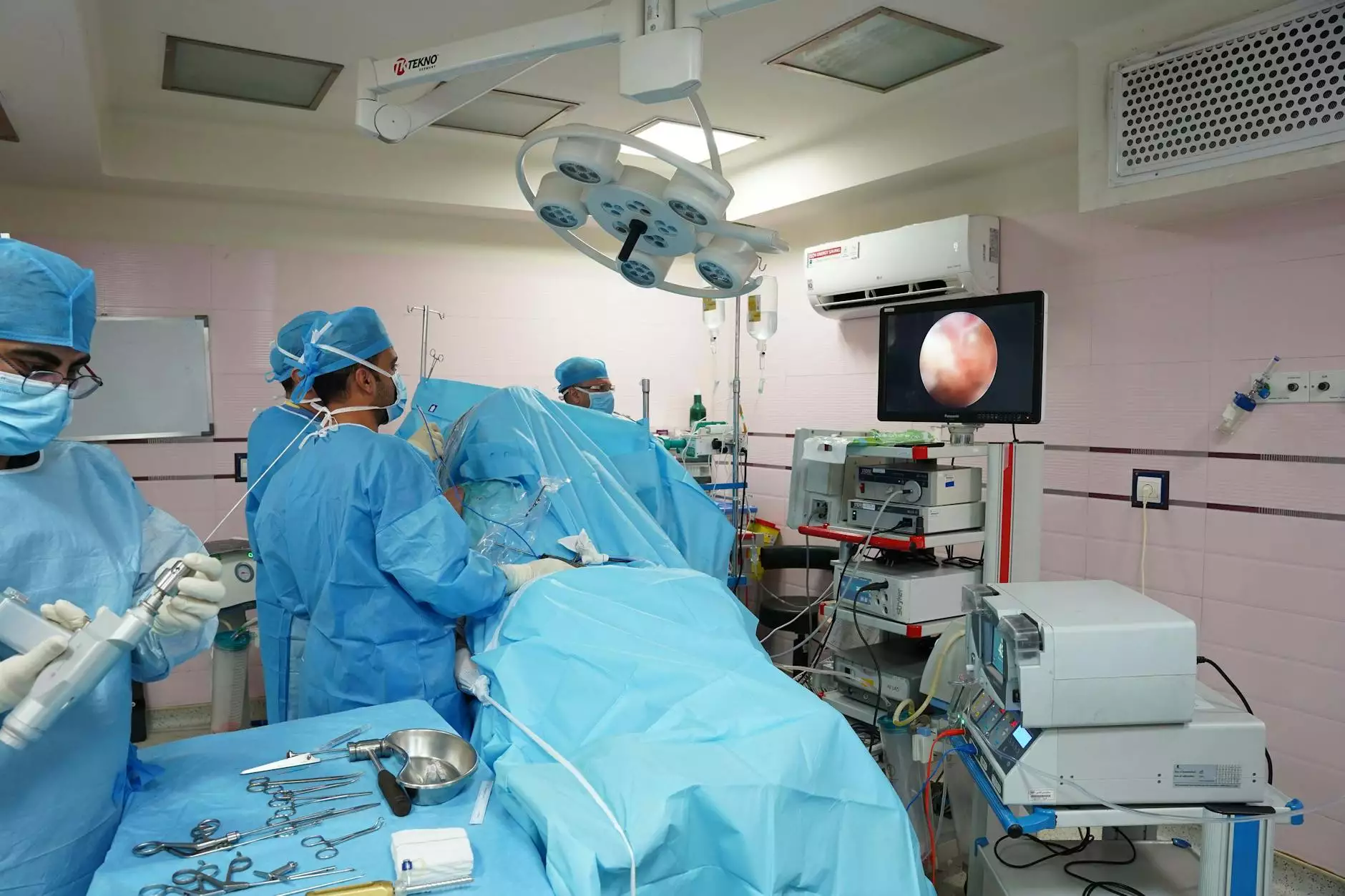Innovative Refrigeration Equipment: The Backbone of the Cold Chain Industry

In today's rapidly evolving marketplace, effective refrigeration equipment plays a crucial role in ensuring the integrity of perishable goods throughout the supply chain. Businesses in various sectors, particularly the food and pharmaceutical industries, are increasingly relying on advanced refrigeration technologies to maintain temperature-controlled environments. This article delves into the transformative capabilities of modern refrigeration equipment, with insights from First Cold Chain, a leader in the industry.
Why is Refrigeration Equipment Essential?
The importance of robust refrigeration equipment cannot be overstated. Companies must meet stringent safety and quality standards to prevent spoilage and maintain product freshness. This necessity has led to several key benefits associated with utilizing high-quality refrigeration solutions:
- Extended Shelf Life: By controlling temperatures, refrigeration delays spoilage, allowing for longer distribution periods.
- Quality Control: Proper refrigeration ensures that products maintain their intended quality, flavor, and nutritional value.
- Compliance with Regulations: Industries like food and pharmaceuticals are subject to strict regulations regarding product storage, which are mitigated through reliable cooling systems.
- Cost-Effectiveness: Reducing spoilage and enhancing product life translates to substantial savings for businesses.
Understanding the Cold Chain Logistics
The cold chain logistics process involves a series of temperature-controlled supply chain activities. It begins with the production of goods and extends to storage, transportation, and delivery. Each segment requires specialized refrigeration solutions to ensure that products are not exposed to temperature fluctuations that could compromise their integrity.
Key Components of Cold Chain Logistics
Cold chain logistics incorporates various components that are vital for maintaining the ideal conditions for sensitive merchandise. Here are the core elements:
- Refrigerated Warehousing: Facilities equipped with climate-controlled storage solutions that offer long-term preservation of products.
- Temperature-Controlled Transportation: Vehicles designed with refrigeration technology, ensuring that goods are transported without temperature breaches.
- Monitoring Systems: Advanced technologies that provide real-time data on temperature and humidity, ensuring compliance and informing logistical decisions.
- Packaging: Specialized materials that provide thermal insulation and protection to maintain desired temperature levels.
Modern Advances in Refrigeration Equipment
The refrigeration industry is experiencing an exciting transformation due to technological advancements. Companies like First Cold Chain are at the forefront of adopting these innovations to enhance their offerings.
1. Energy Efficiency
Energy efficiency is more critical than ever in today's environmentally conscious society. Modern refrigeration systems are designed to operate using significantly less energy compared to older models. Features such as variable speed compressors and integrated control systems dynamically adjust cooling output according to demand, lowering overall energy consumption.
2. Eco-Friendly Refrigerants
Traditional refrigerants often harm the ozone layer and contribute to greenhouse gases. In response, manufacturers have started using eco-friendly refrigerants that have a lower environmental impact. These include hydrofluoroolefins (HFOs) and natural refrigerants such as ammonia and CO2, which boast low global warming potentials.
3. Smart Technology and IoT Integration
Smart technology integration is revolutionizing how businesses manage refrigeration. IoT (Internet of Things) enabled devices can be monitored remotely, providing real-time alerts and performance analytics. This allows for preventive maintenance, reducing the risk of equipment failure and ensuring operational continuity.
4. Modular Systems
Flexibility is vital in cold storage, and modular refrigeration systems allow businesses to expand or modify their cooling capabilities as needed. These systems can be easily scaled up, optimizing space usage and capital investment.
Choosing the Right Refrigeration Equipment
Selecting the appropriate refrigeration equipment is pivotal for businesses looking to enhance their cold chain operations. Here are some factors to consider:
- Capacity and Volume: Assess your storage needs to determine what size and type of equipment will best suit your operations.
- Temperature Range: Identify the temperature range your products require and ensure the equipment can operate within these parameters.
- Energy Efficiency Rating: Look for equipment with high energy efficiency ratings to minimize costs and environmental impact.
- Warranty and Support: Ensure that the manufacturer offers robust support and warranty options to safeguard your investment.
The Role of First Cold Chain in the Industry
First Cold Chain stands out as a pioneer in the refrigeration equipment market. With a strong commitment to innovation and sustainability, they provide a comprehensive range of solutions tailored to meet the distinct needs of various industries. Here’s how First Cold Chain contributes effectively:
1. Comprehensive Product Line
Offering a robust suite of refrigeration products, First Cold Chain caters to businesses ranging from local food distributors to multinational pharmaceutical companies. Their portfolio encompasses:
- Refrigerated transport units
- Cold storage warehouses
- Customizable packaging solutions
- Advanced temperature monitoring systems
2. Commitment to Sustainability
At First Cold Chain, sustainability is more than a buzzword; it is an operational ethos. Their dedication to reducing carbon footprints through eco-friendly practices positions them as leaders in responsible refrigeration solutions.
3. Sustainable Partnerships
First Cold Chain actively collaborates with stakeholders across the supply chain to promote sustainable practices. By aligning with others who value environmental responsibility, they further amplify their positive impact on the industry.
4. Industry Expertise
The team at First Cold Chain comprises seasoned professionals with extensive industry experience. Their insights guide businesses in making informed decisions, maximizing efficiency, and adhering to compliance regulations.
Future Trends in Refrigeration Equipment
The refrigeration equipment industry is continually evolving, and several trends will shape its future:
- Advanced Automation: Expect to see increased automation in refrigeration systems, resulting in more efficient and user-friendly operations.
- AI Integration: Artificial intelligence will play a crucial role in predictive maintenance and operational efficiency, analyzing data to anticipate and mitigate equipment failures.
- Blockchain Technology: This emerging technology may enhance transparency in the supply chain, providing a tamper-proof record of product conditions during storage and transportation.
- Greater Focus on Food Safety: As consumer awareness rises, businesses will increasingly prioritize technologies that ensure food safety in all stages of the cold chain.
Conclusion
The role of refrigeration equipment in our global economy cannot be undervalued. As industries continue to innovate and strive for efficiency, companies like First Cold Chain are poised to lead the way, setting standards in both quality and sustainability. By investing in cutting-edge refrigeration solutions, businesses enhance their operational capabilities while contributing positively to the environment, ensuring a more sustainable future for generations to come.
https://www.first-coldchain.com/








